The dielectric material used in AC capacitors can vary depending on the specific type and application of the capacitor. Different dielectric materials offer various characteristics and advantages. Common dielectric materials used in AC capacitors include:
1.Ceramic (Class 2 Dielectric): Ceramic capacitors use a ceramic material as the dielectric. They are typically used in applications requiring small capacitance values and are known for their stability and reliability. However, they are not suitable for high-capacity applications or those requiring high precision.
2.Polyester (Mylar): Polyester capacitors use a polyester film as the dielectric material. They are commonly used for general-purpose applications and are known for their low cost. Polyester capacitors have moderate capacitance stability and are often found in consumer electronics.
3.Polypropylene: Polypropylene capacitors use a polypropylene film as the dielectric. They are known for their high insulation resistance, low dissipation factor, and excellent capacitance stability over a wide range of temperatures. Polypropylene capacitors are often used in motor run and high-frequency applications.
4.Paper: Paper capacitors use paper impregnated with oil as the dielectric material. While less common today due to their bulk and limitations, they are still used in some vintage and specialty applications. They may require periodic maintenance.
5.Electrolytic (Aluminum or Tantalum): Electrolytic capacitors use an electrolyte-soaked paper or aluminum oxide layer as the dielectric. These capacitors offer high capacitance values and are commonly used for power supply filtering and bulk energy storage. They are available in both aluminum and tantalum variations, with different properties and applications.
6.Metalized Film: Some AC capacitors use a metalized film as the dielectric, which can be made from materials like polypropylene or polyester. These capacitors are known for their self-healing properties, which means that if the dielectric is punctured or damaged, the capacitor can partially repair itself, reducing the risk of catastrophic failure.
The choice of dielectric material depends on factors such as the capacitor's intended application, desired capacitance value, voltage rating, temperature requirements, and cost considerations. Different dielectric materials offer varying levels of capacitance stability, tolerance, temperature coefficient, and other electrical characteristics. Therefore, it's crucial to select the appropriate dielectric material to meet the specific needs of your circuit or application.

 简体中文
简体中文 English
English Español
Español عربى
عربى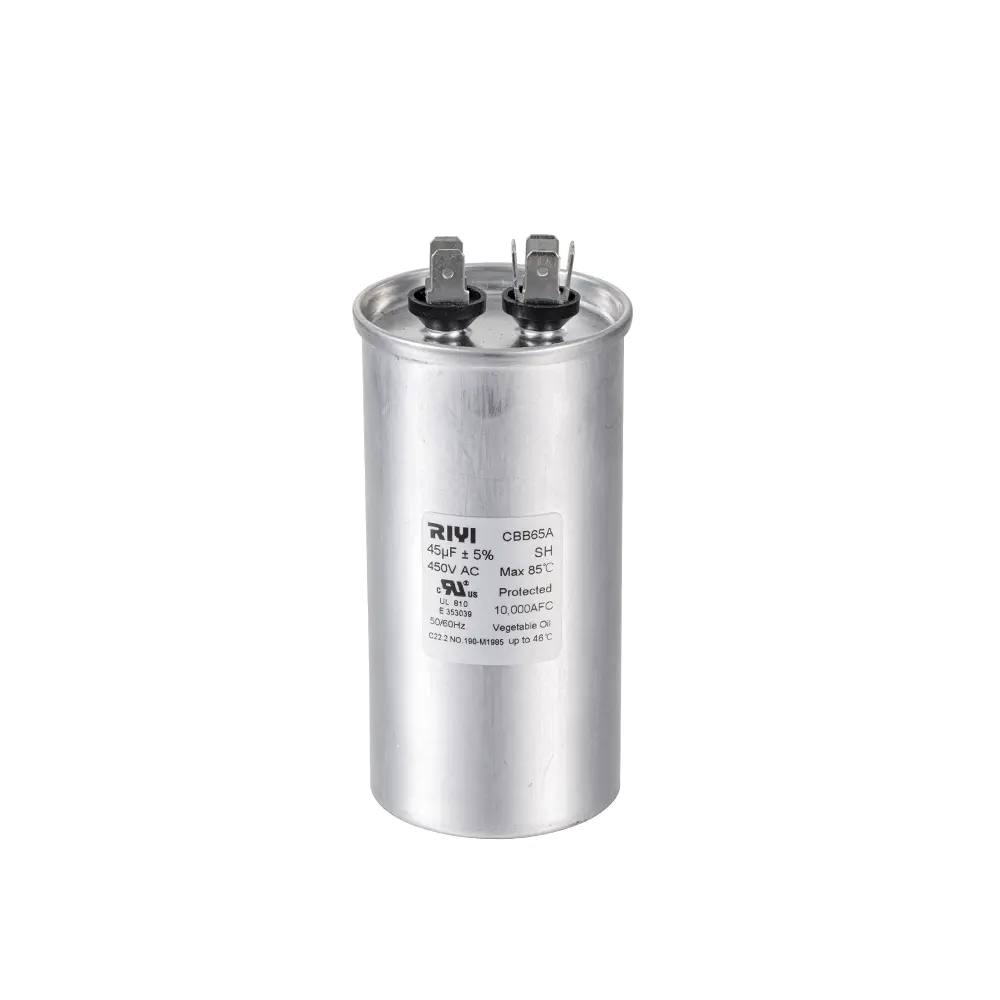
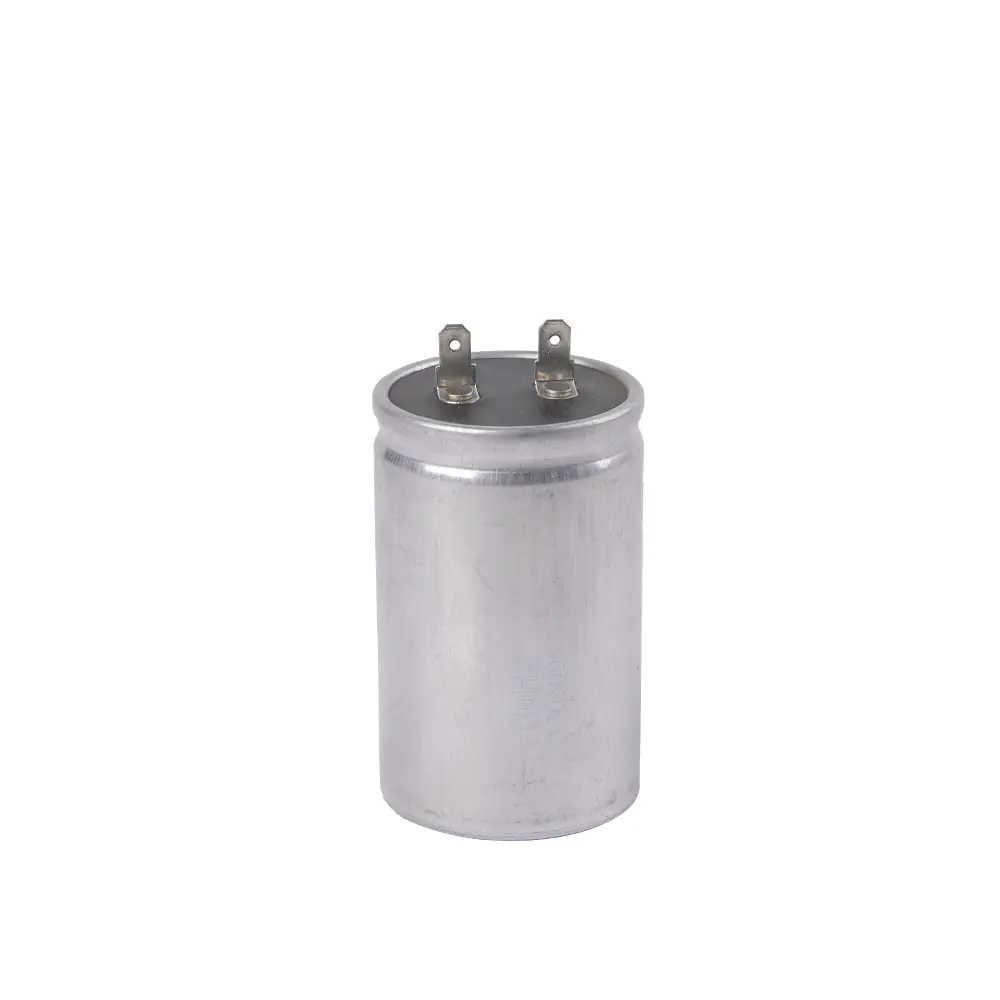
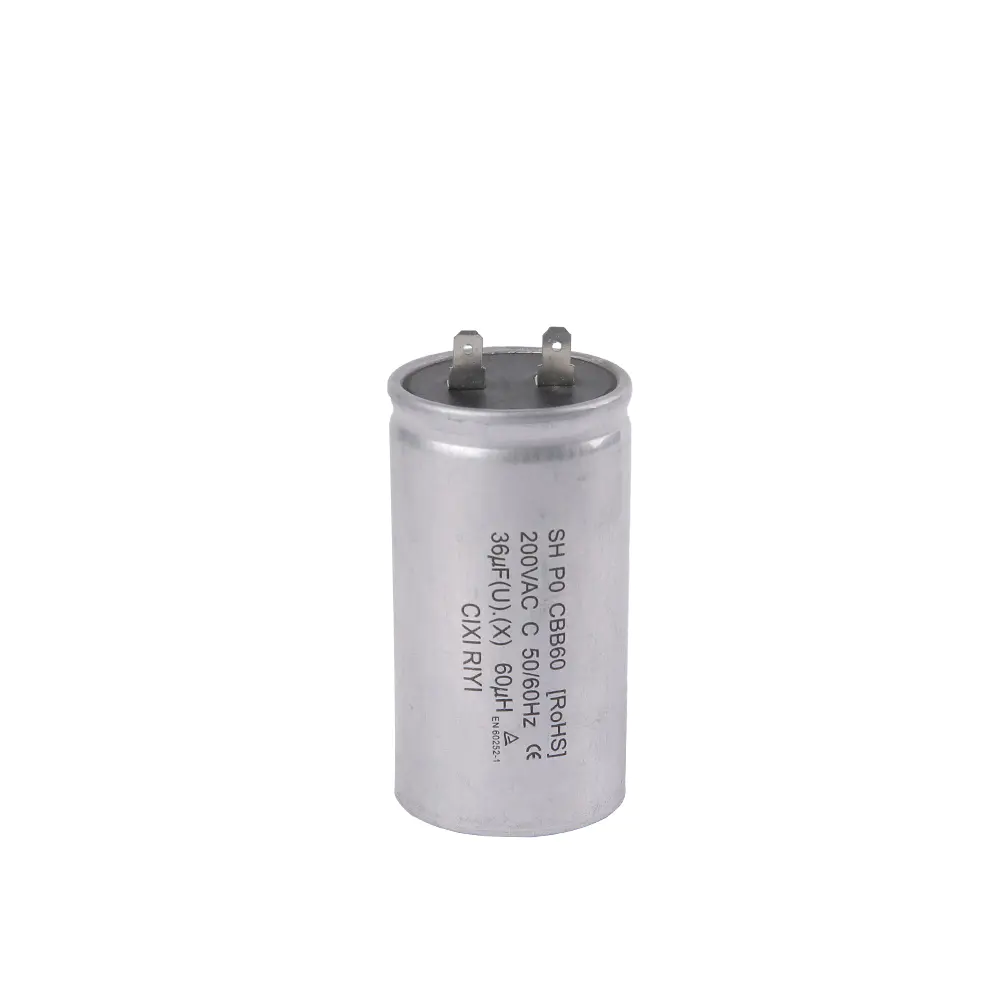
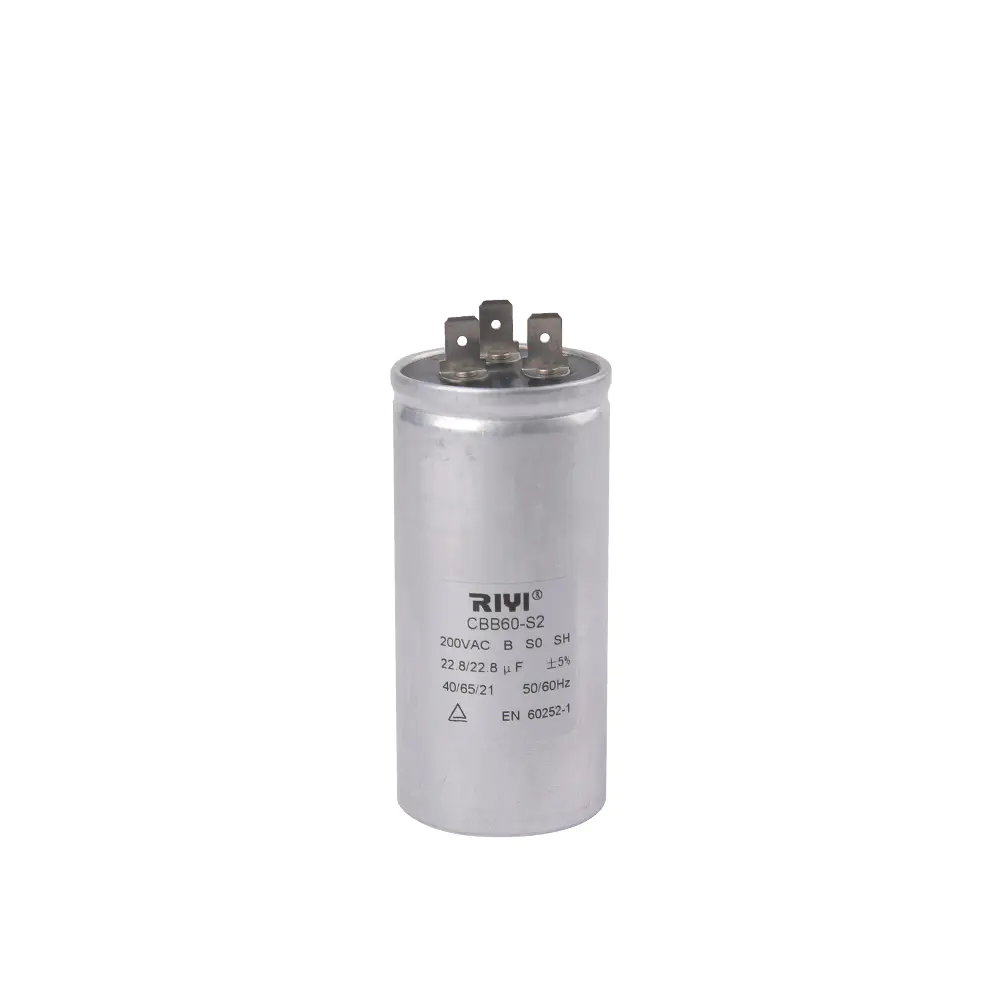
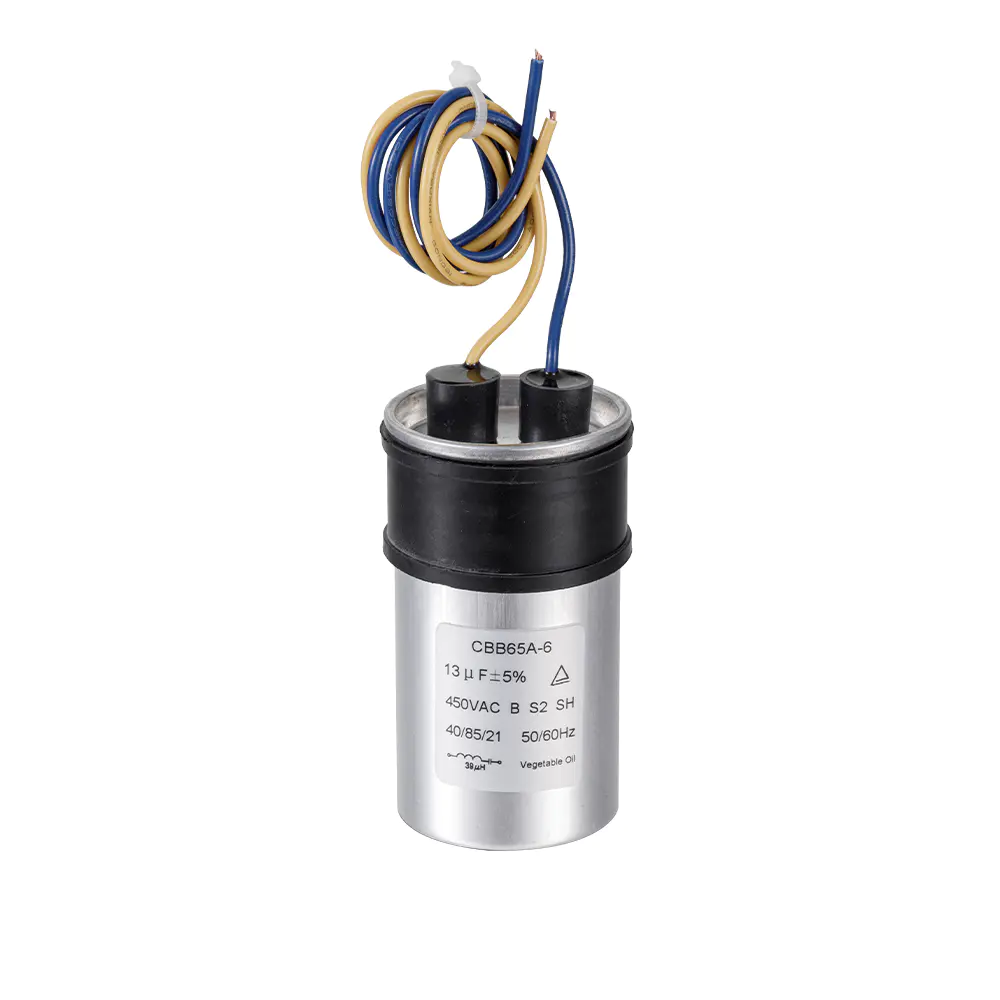
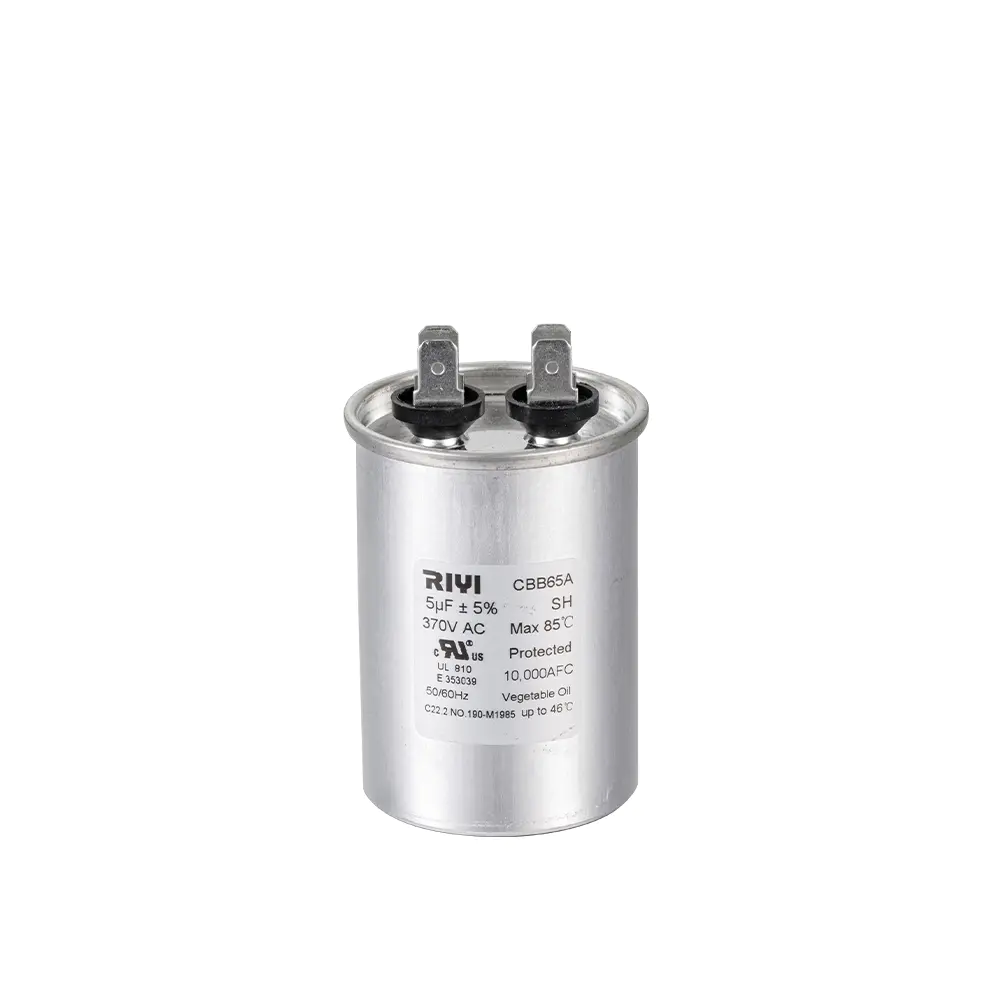
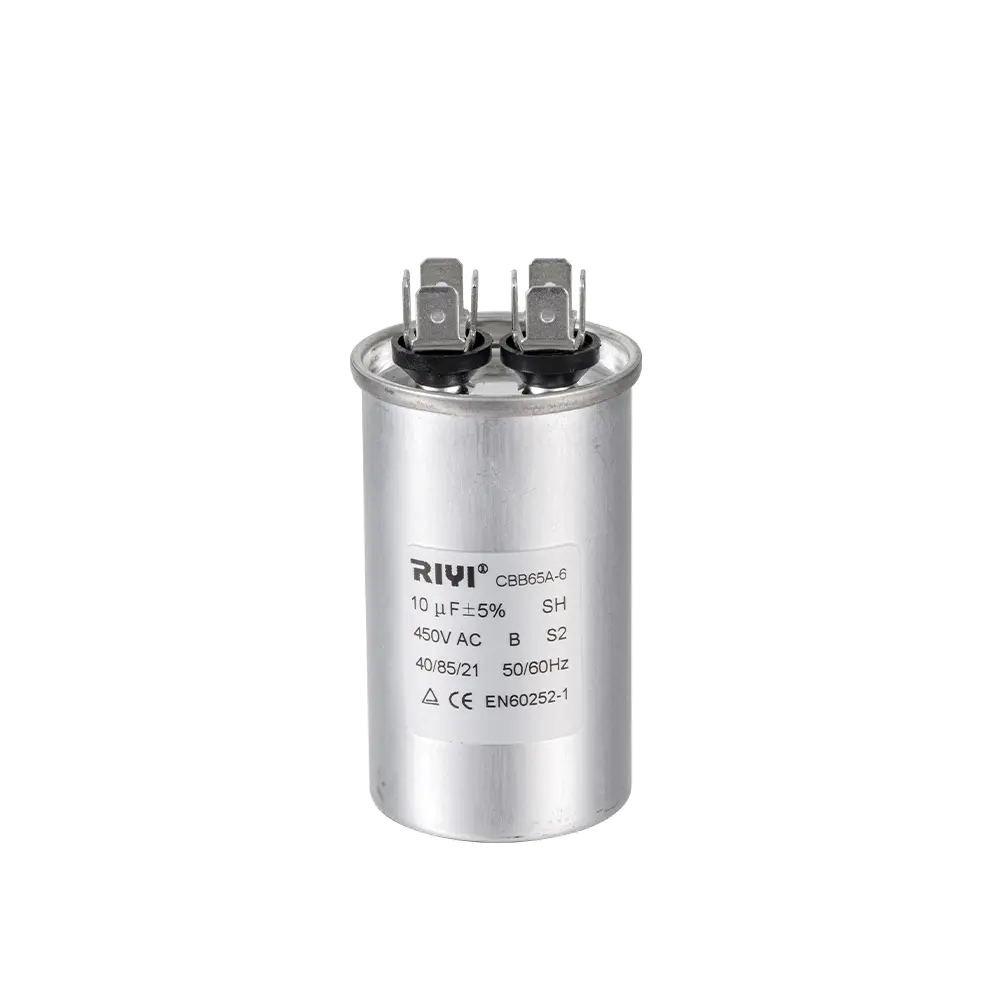
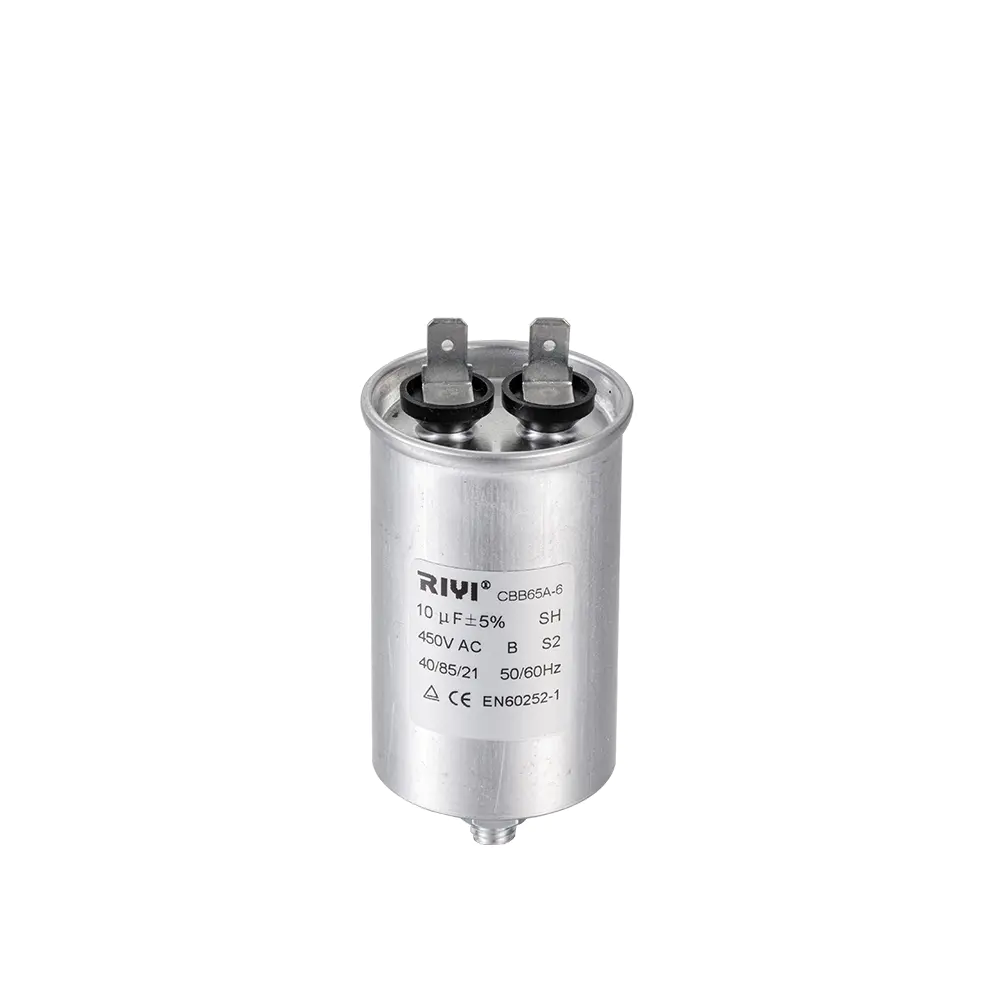
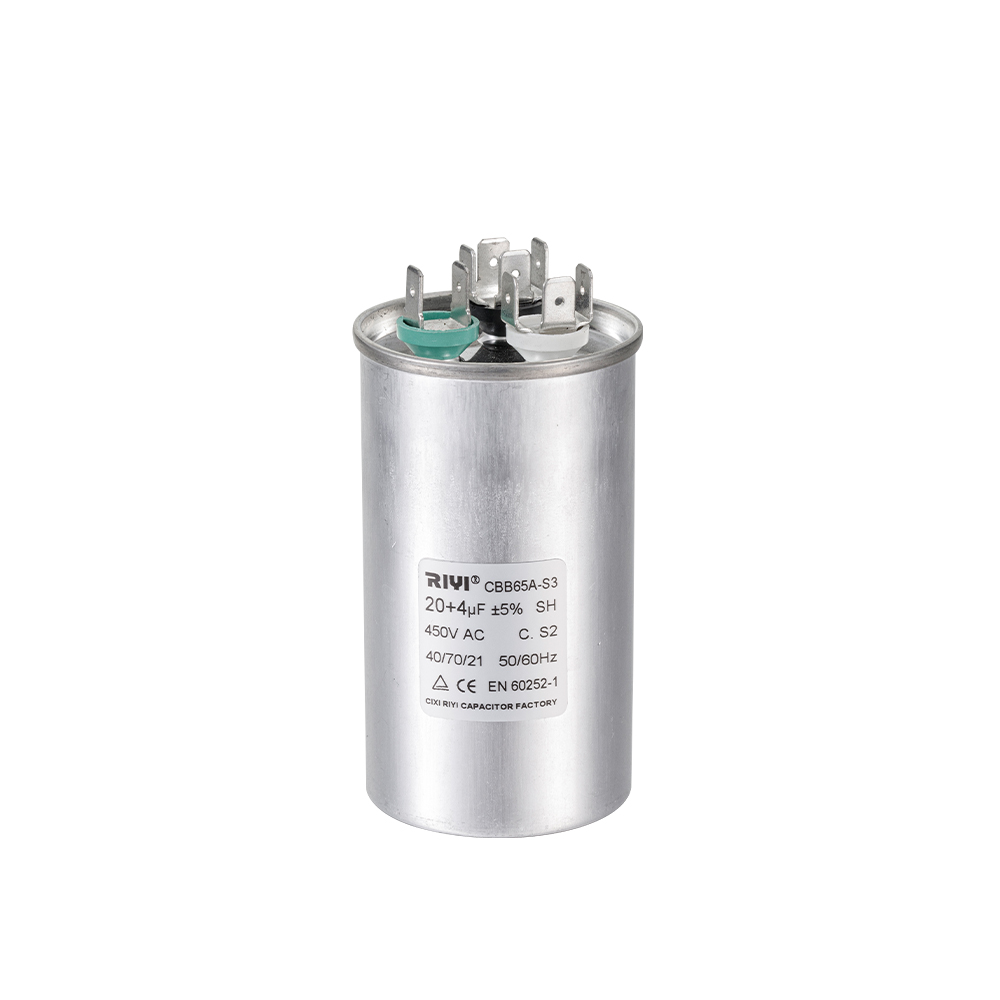
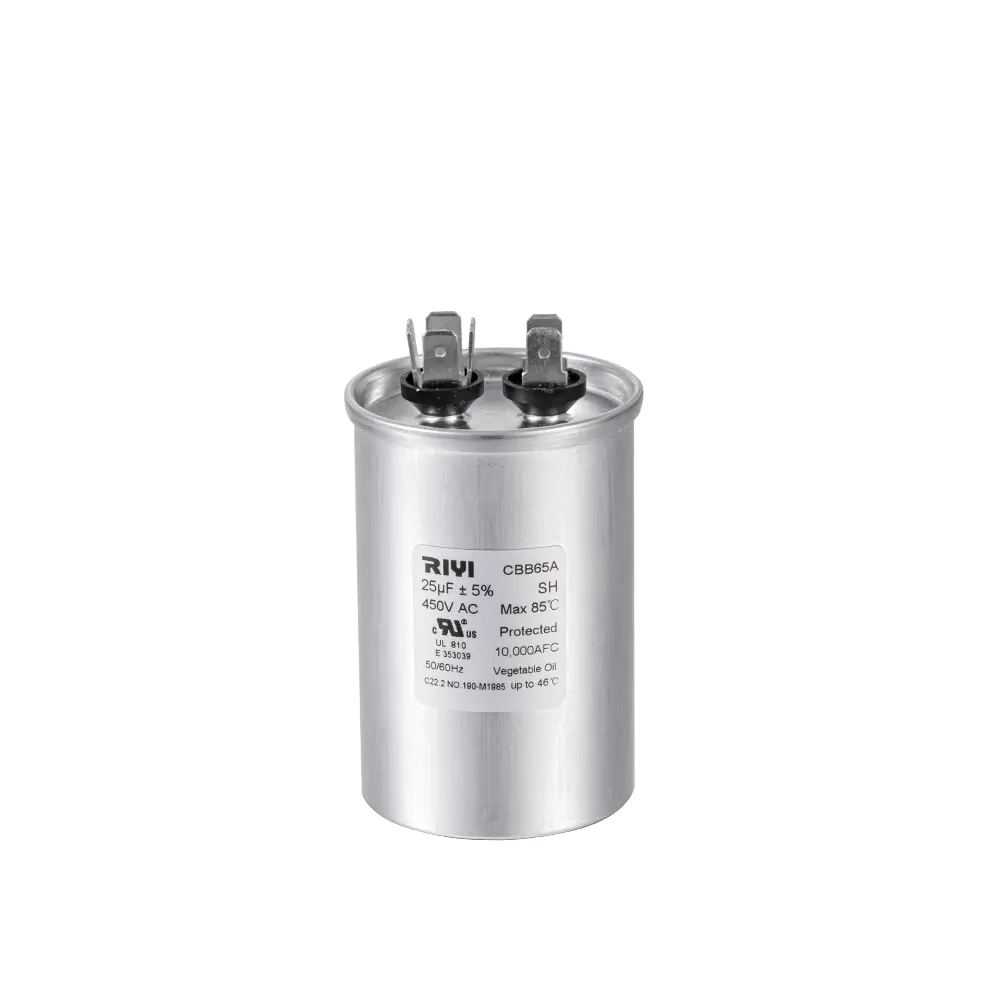
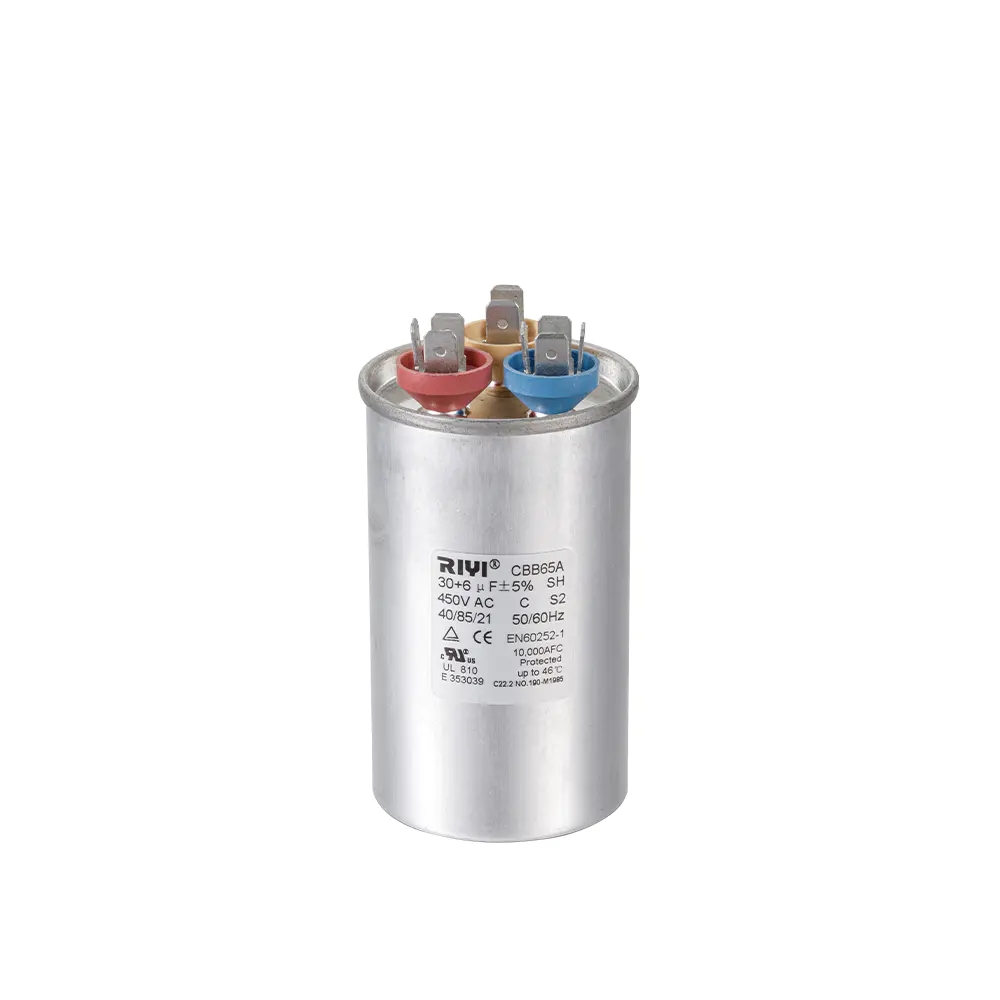
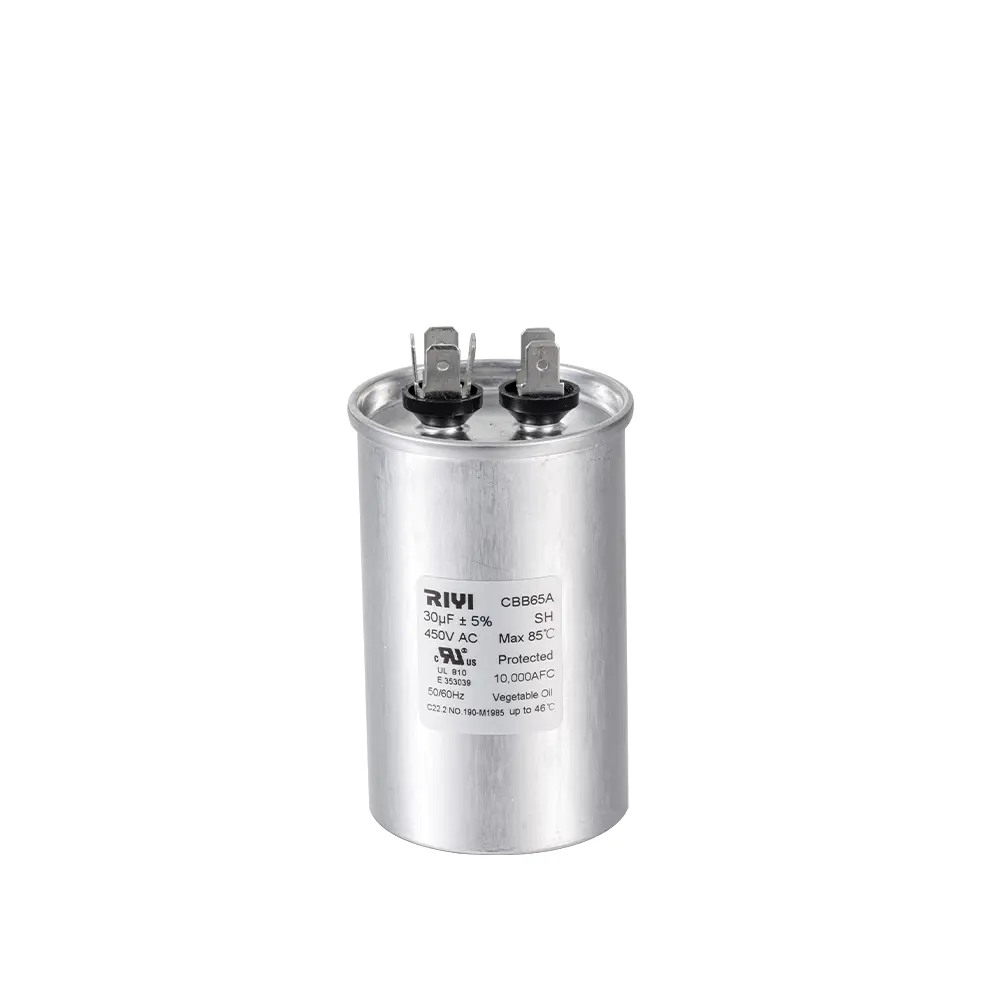

 +86-13600614158
+86-13600614158
 +86-0574-63223385
+86-0574-63223385 Zonghan Street,Cixi City,Zhejiang Province,China.
Zonghan Street,Cixi City,Zhejiang Province,China.